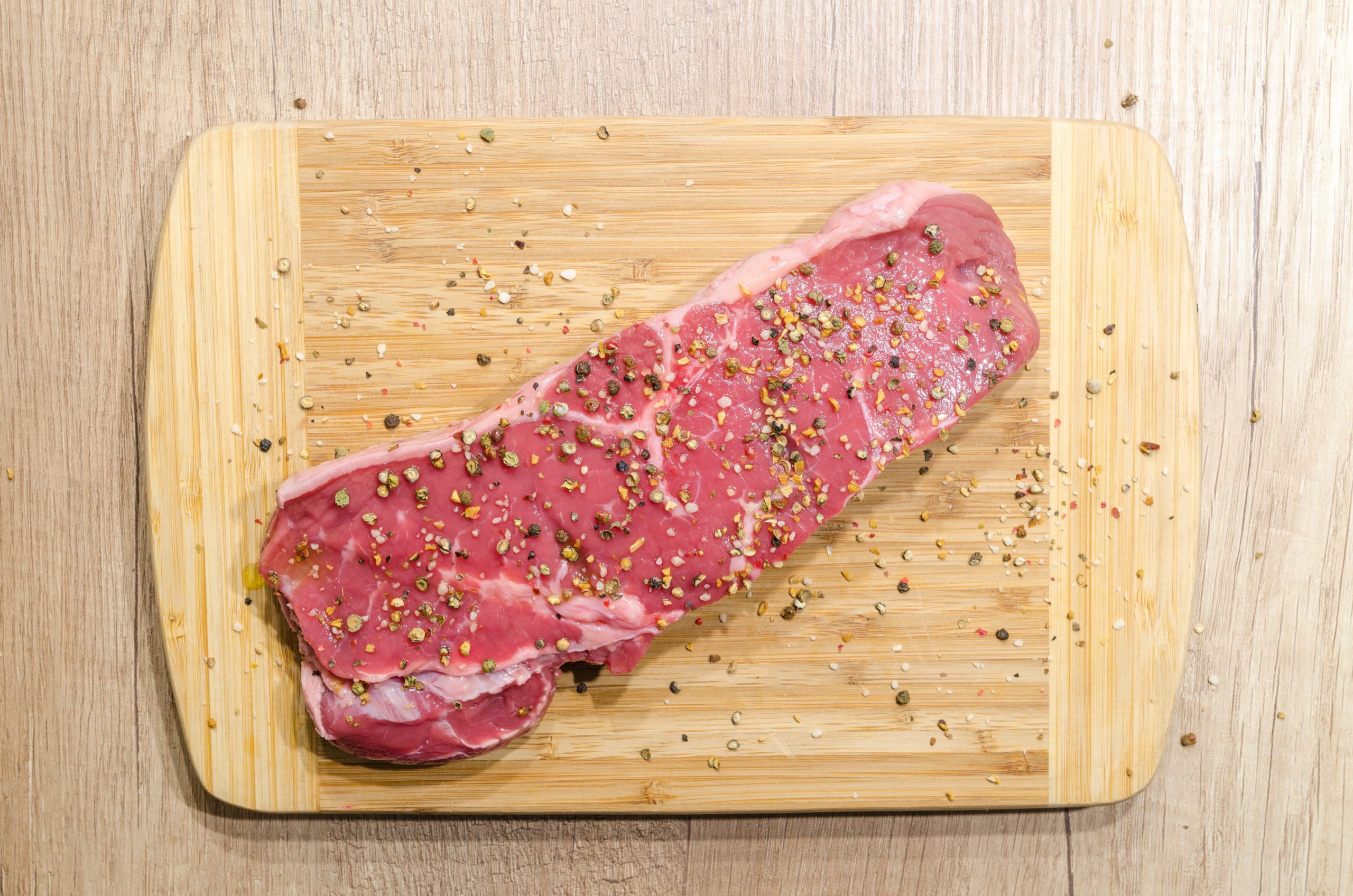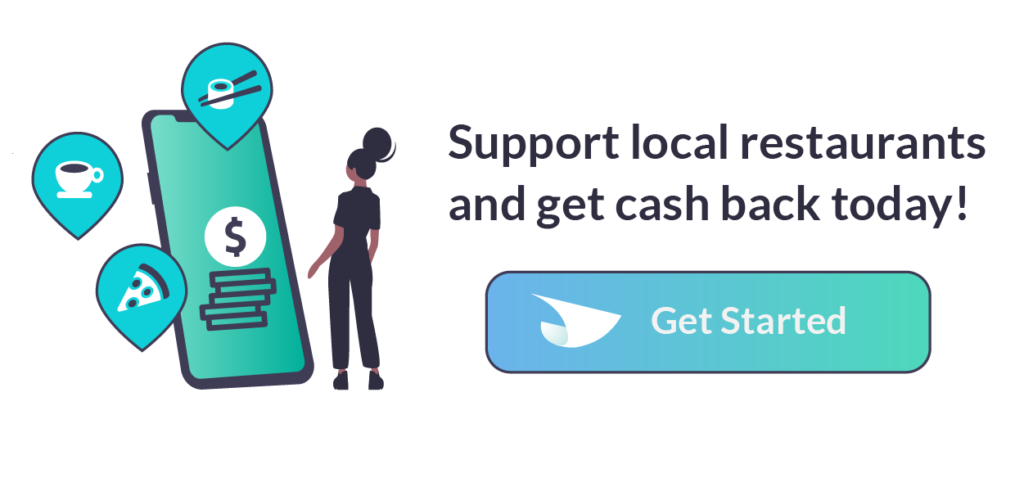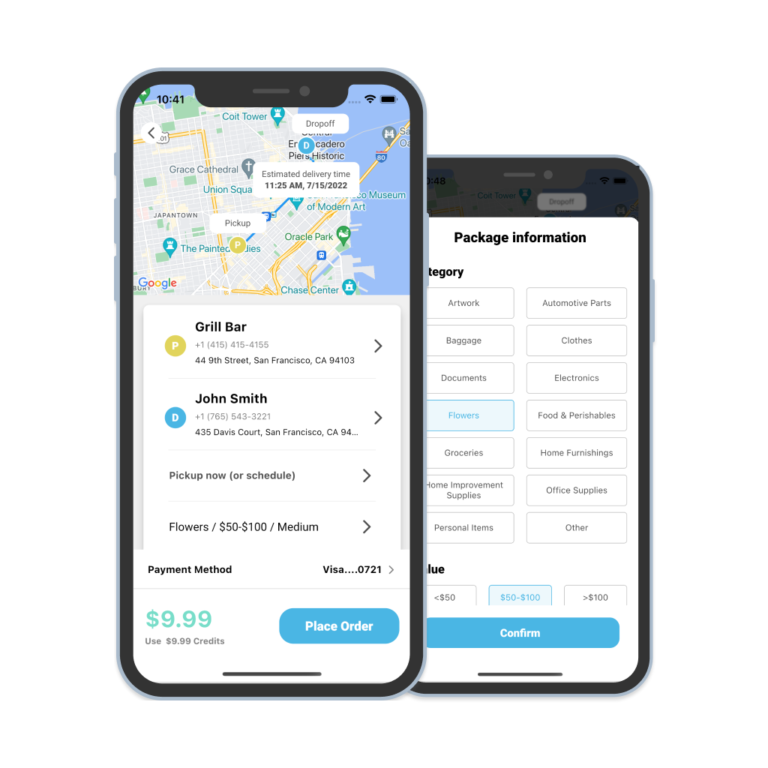Photo by Porapak Apichodilok from Pexels
The struggle of dining out when you’re Muslim and can only eat halal meat is a narrative I know more about than I’d like.
After moving to the Northern Virginia area about 15 years ago, my family and I had a hard time finding shops and restaurants that served halal meat in their dishes. Eating out became a problem, as most of the food we could consume was either seafood or vegetarian.
Although a good plate of salmon or a vegetable stir fry were both great, it really was disappointing to know we were limited to similar dishes at every place we visited. And after making friends in our area, I learned that this issue wasn’t just a problem my family had, but most Muslims families in the community.
15 years later, we have a very large Muslim community and a lot of halal-friendly options in the area. And if it wasn’t for these businesses, my family and I would still be left with limited options.
So, for those left wondering, what is halal meat?
What is Halal Meat?
When going to a local kebab shop or Middle Eastern restaurant, it’s very common to see the word halal in both Arabic and English posted on the front door. Most Muslims are familiar with the meaning of the word, however, for a lot of non-Muslims, this can be difficult to decipher.
Halal is an arabic word that means “permissible” or “lawful” in Islam. It’s more commonly known to be used to refer to meat, but the word can also refer to many other aspects of a Muslim’s life, such as alcohol consumption, clothing, gambling, marriage and the way others are treated.
Halal meat is guided by very specific religious criteria that governs everything from how the animal is treated during its life and raised, to how it’s slaughtered and prepared for consumption.
According to the Department of Halal Certification in the European Union, before the animal is killed, Islam stresses the importance of treating animals in a humane way. Water should be offered to the animal before slaughter, and the animal should not be slaughtered when it’s hungry.
The knife should be hidden from the animal, and slaughtering should not be performed in the sight of other animals waiting to be slaughtered. Unnecessary suffering should be avoided at all costs.
The animal must be alive at the time of slaughter. The reason why the animal has to be alive is to prevent consumption of any animal that has already passed before a blessing can be given (such as road kill or an animal that has died because of sickness).
The slaughtering must be done manually by a Muslim, as one of the conditions is the intention, which is not found in a machine. The animal must be slaughtered by the use of a sharp knife, in one swift motion. During the slaughtering, the name of God must be invoked. Post-slaughter, beheading, skinning or cutting any part of the animal is not allowed before the animal is completely dead.
The slaughtering should not be done on a production line where pigs are slaughtered. Any instrument used for slaughtering pigs should not be used in the Halal slaughtering. Meat chilled or frozen for export to Muslims should be stored in separate cold stores other than those in which pork or other non-Halal meat is stored and meat minced or processed for Muslims should not be minced in the same machines used to mince pork or other non-Halal meat. Pigs cannot be halal as they are forbidden to be eaten by Muslims in any form.
Although the steps mentioned above are a lot for meat to be certified as halal, it’s important for the Muslim community. Islam provides guidelines for Muslims to follow; preparing meat in this way is part of these guidelines.
For those who can’t always find halal meat (like myself), it’s important to help support the places that do carry it so that they can continue to provide for the community.
Halal Meat Today
For many Muslims, going out to eat at restaurants can be a challenge when the restaurant industry doesn’t provide the right kind of meat for consumption. This problem can be similar to limitations faced by vegetarians, vegans, or Jewish people needing kosher meat.
While the global population is expected to grow 32 percent by 2060, the number of Muslims is expected to grow 70 percent, according to the Pew Research Center. More halal meat suppliers and Muslim-owned restaurants need to be available to meet the demand of the Muslim communities.
Fortunately, there’s been a rise in the supply of halal meat in the United States. According to MarketWatch, The Global Halal Food market is valued at 1140 million USD in 2018 and will reach 1590 million USD by the end of 2025, amounting to a Compound Annual Growth Rate (CAGR) of 4.3% during 2019-2025.
The halal food market is growing, and it’s a trend that benefits many. Restaurant owners receive more sales from offering a diverse menu, and Muslims all over the community can eat the food that they are restricted to.

Support Muslim-Owned Restaurants
Supporting Muslim-owned restaurants is an absolute necessity because of how important they are to the community. Halal meat providers and restaurants give Muslims one of the basic necessities of life: food.
In addition to food, suppliers and restaurants can give Muslims a community to establish themselves in. For most families, going out to eat is time spent together making memories and appreciating your culture. Food is the best way to embrace culture and pass down recipes, so it’s important to support these businesses as they help pass on culture and a community to others.
In learning the stories of Muslim-owned businesses, you’ll find that a lot of owners are immigrants, coming from their native countries to America for better opportunities for themselves and their families. By sharing these stories, we can help bring other Muslims into the owners’ restaurants, as well as anyone else who wants to be part of the journey.
By supporting Muslim-owned business, you’re helping a community thrive.








I don’t think the title of your article matches the content lol. Just kidding, mainly because I had some doubts after reading the article. https://accounts.binance.com/pt-BR/register?ref=JHQQKNKN
Thanks for sharing. I read many of your blog posts, cool, your blog is very good. https://www.binance.com/pl/register?ref=UM6SMJM3
I may need your help. I tried many ways but couldn’t solve it, but after reading your article, I think you have a way to help me. I’m looking forward for your reply. Thanks.
Your article helped me a lot, is there any more related content? Thanks!
Thank you for your sharing. I am worried that I lack creative ideas. It is your article that makes me full of hope. Thank you. But, I have a question, can you help me?
Very nice post. I just stumbled upon your blog and wanted to say that I’ve really enjoyed browsing your blog posts. In any case I’ll be subscribing to your feed and I hope you write again soon!